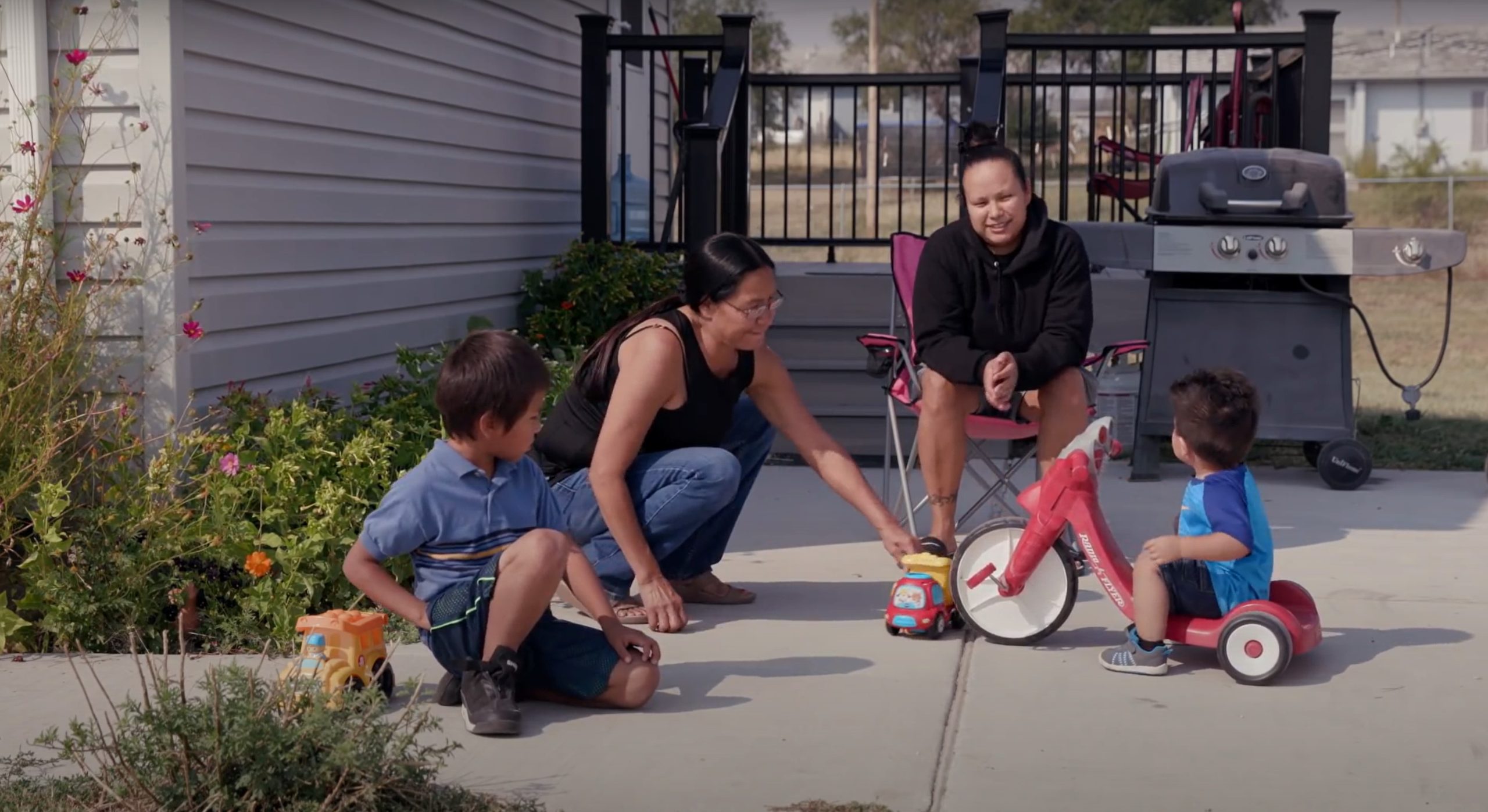Podcast: Play in new window | Download | Embed
Some government backed food distribution programs are experiencing supply chain issues nationwide. This is having a significant effect on Indigenous communities.
In response, the USDA is providing emergency grants for tribes.
The Mountain West News Bureau’s Yvette Fernandez has the details.
To address the lack of food access caused by supply chain issues, some communities like the Navajo Nation will receive over $5 million to obtain food locally.
Spokesperson Justin Ahasteen says the Navajo Nation plans to use the emergency funds to create more farming opportunities to promote food resiliency. This will allow them to move away from preservative-filled food items to food that is also culturally enriching.
“Traditional diets like corn meal, flour, beans, potatoes, and get that out to the people so that they have better quality food but also food that is part of our traditional diet.”
When their local farming effort is fully functional, the Navajo Agriculture Production effort will be able to provide food delivery for nearly 50,000 residents.

Lt. Gov. Peggy Flanagan (White Earth Nation/D-MN) stopped by the Minnesota Office of Higher Education booth at the Minnesota State Fair this week. (Courtesy MN Office of Higher Education / Facebook)
Minnesota’s new free college tuition program may help Native students pursue higher education, as Mike Moen reports.
This fall, the state launched its North Star Promise initiative, where households earning below $80,000 qualify for free tuition at state colleges and universities.
Experts said limited scholarships are one of the many obstacles Native Americans encounter in the world of higher education.
Anna Sheppard, president of White Earth Tribal and Community College, does not sense the new program will lead to a big enrollment boost but for students receiving aid, it could take their college journey to greater heights.
“What I really appreciate is that they’re not going to have to graduate having debt. Maybe they’re going to pursue a master’s or doctoral, so then they don’t have to worry about that.”

She noted juggling student loans and other college debt often limits Indigenous populations from obtaining advanced degrees.
Research from the Postsecondary National Policy Institute shows that between 2010 and 2020, there was an 18% decrease in graduate enrollment among Native Americans.
This story is supported by the Lumina Foundation.
 A measure to include tribal voice and knowledge in natural resource management is headed to Gov. Gavin Newsom (D-CA).
A measure to include tribal voice and knowledge in natural resource management is headed to Gov. Gavin Newsom (D-CA).
Under the measure, the state’s natural resources agency would be authorized to enter into co-governance and co-management agreements with federally recognized tribes.
It was introduced by Assemblymember James Ramos (Serrano/Cahuilla/D-CA).
Asm. Ramos says, under current law, the agency is not required to work with tribal communities.
Asm. Ramos says the bill fosters government-to-government relationships, and authorizes the state to begin negotiations on agreements with tribes within 90 days of a request by a tribe.
The bill has support from a number of tribes and conservation groups.
The governor has until the end of September to sign or veto bills passed by the state legislature.

This week, the U.S. Department of Housing and Urban Development (HUD) announced more than $10 million to provide rental assistance and supportive housing services to Native American veterans.
The funding is intended to help veterans who are experiencing or at risk of homelessness.
Through a HUD program, vouchers are made available for housing.
Case management and other services are provided by the U.S. Department of Veteran Affairs.
According to HUD, the program has helped more than 1,000 Native veterans.
The new funding allows about 500 veterans to remain housed and offers housing opportunities to more homeless veterans in tribal communities.
The latest round of funding is going to tribes and tribal housing authorities across the country.
Get National Native News delivered to your inbox daily and stay up-to-date on the 2024 Native Vote. Sign up for our daily newsletter today.



